Sign Of Evolution: Mumbai Becomes The First City In India To Install Female Traffic Signages
While the campaigners are howling over the issue of gender equality in India, Mumbai green lights to put female figures on traffic lights, replacing the default male icon, to promote the gender inclusivity and equality and becomes the first city in India to do so, following the path of different countries. Though this step has received diversified criticisms, Aaditya Thackeray, Minister for Tourism and Environment, Maharashtra government, who heads the project, said that the signage is “ensuring gender equality with a simple idea.”
By Pallabi Ghatak
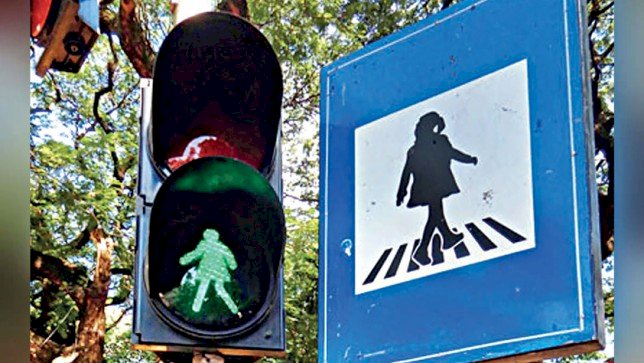
On June 2018, the Thomson Reuters Foundation released a study that ranked India as the most dangerous place because of its high incidences of sexual violence, lack of access to justice in rape cases, child marriage, female feticide, and human trafficking which reignited the country's recurring debate on women's safety. Upon this scenario, in a bid to promote gender inclusivity, traffic signals displaying a female icon in a triangular frock, installed by Brihanmumbai Municipal Corporation (BMC) shows a shift from the default color-coded stick representation of male, symbolizing a coming-of-age event in the chronicles of gender parity.
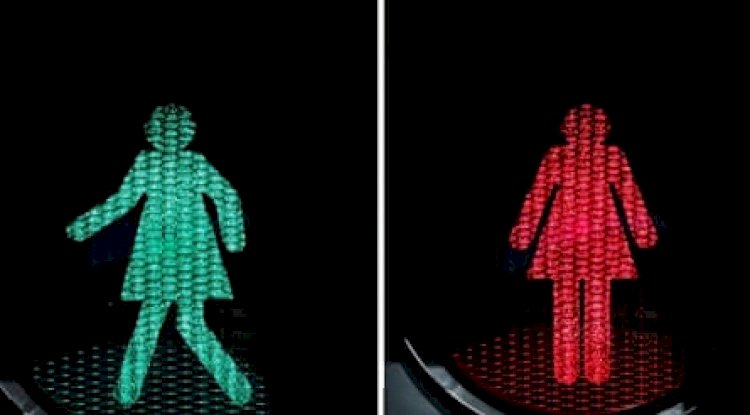
The project is part of a broader urban initiative known as "Culture Spine", which is headed by Aaditya Thackeray, cabinet minister for tourism and the environment in Maharashtra. Reports said, the BMC authorities are swapping the green and red generic male figures for female figures on more than 100 pedestrian crossings to make roads more pedestrian-friendly and less gender-bias.
The minister expressed on Twitter, "Some may say this only 'signaling', but equality cannot be measured; it has to begin in the way we think. Each such step, matters!"
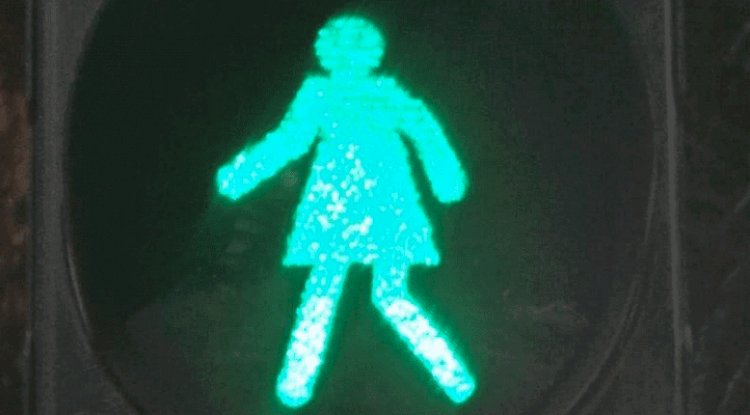
However, netizens have split-opinions on this commencement. Many have proclaimed that merely changing a sign does not ensure the security of women in both public and private places and neither it can reduce gender-based crimes against women. Some critics called the move a superficial token that would do little to fix entrenched issues of gender inequality in India. "It does not deal with real issues that women face", wrote a netizen.
"Real empowerment comes when the law protects the dignity of women," one tweeted in response to Thackeray. "Not merely putting them on traffic lights."
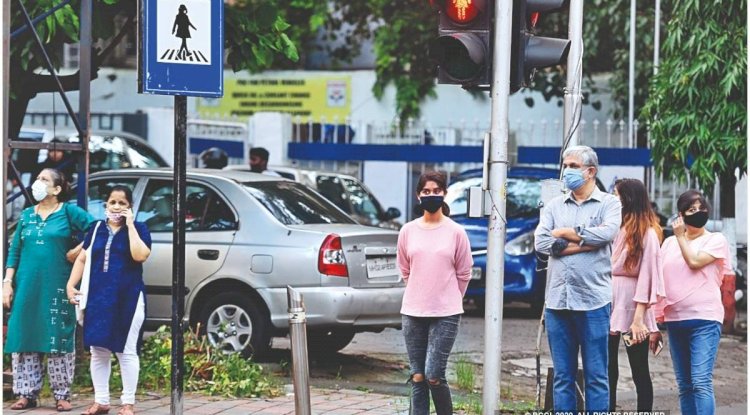
On the other hand, one Twitter user addressed the traffic lights as "one small yet decisive step forward to ending the subconscious exclusion of the female narrative from how our cities are designed." Another voiced, it was a gesticulation that women had "gained some more presence and acceptance as the new normal."
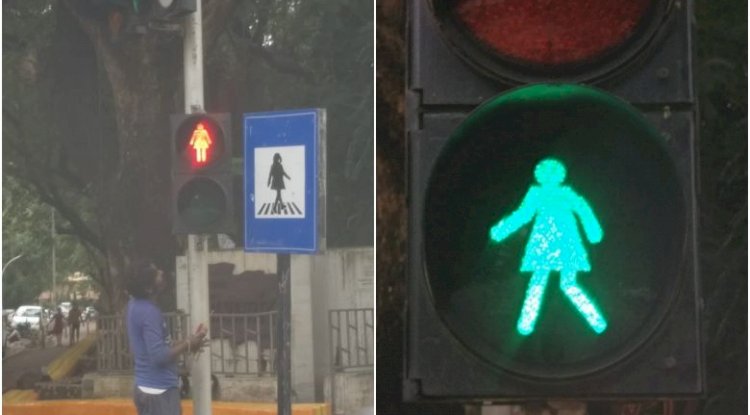
"The signage reflects the character of the city that it believes in gender equality and promotes women empowerment. This is just the start," said Kiran Dighavkar, Assistant Commissioner with Mumbai Municipal Corporation.
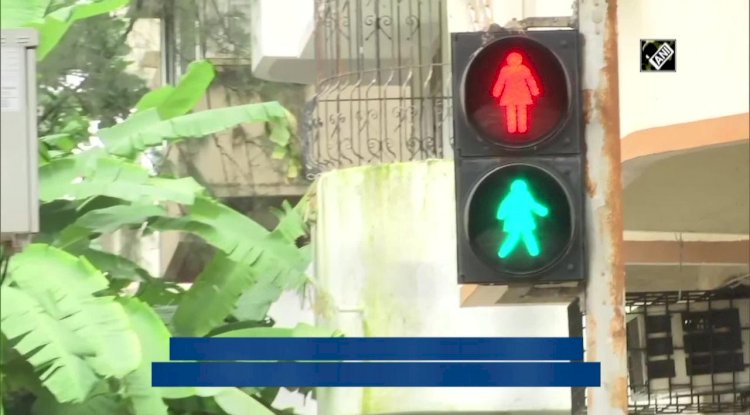
"If a generation of little girls grows up seeing women figures on the traffic signals, it sends a small but powerful signal that women belong in the public," said social scientist Shilpa Phadke.
While for India, this is a praise-worthy initiative, long before 2020, in 2014 and 2017 Germany and Australia started putting female icons in traffic signage. In 2015, Vienna took a step further to promote equality by introducing same-sex signage. While different parts of the world are trying to head towards gender equality, in January 2020, the city of Geneva, Switzerland, decided to swap 250 road signs warning pedestrian crossing out of 500 (50%) with six different female icons which include a pregnant woman, an older woman, a woman with afro hair, and two women holding hands reflecting the idea of gender egalitarianism.
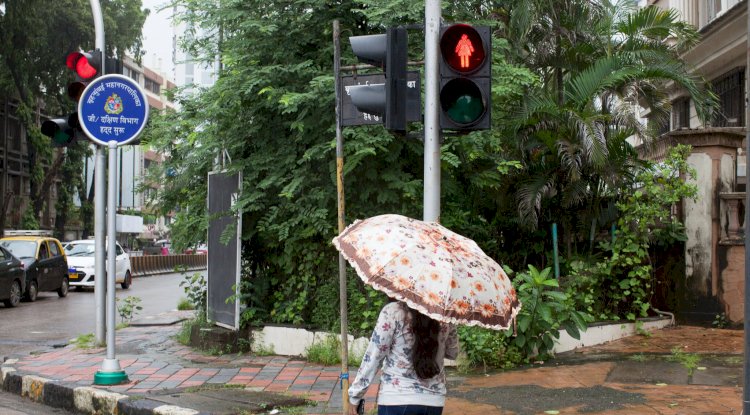
However, some argued that it was, in fact, regressive and heteronormative to assume the conventional figure in pants is male while a figure wearing a dress is female. Others questioned whether the money spent changing the lights might have been better spent addressing gender inequality in more tangible ways.
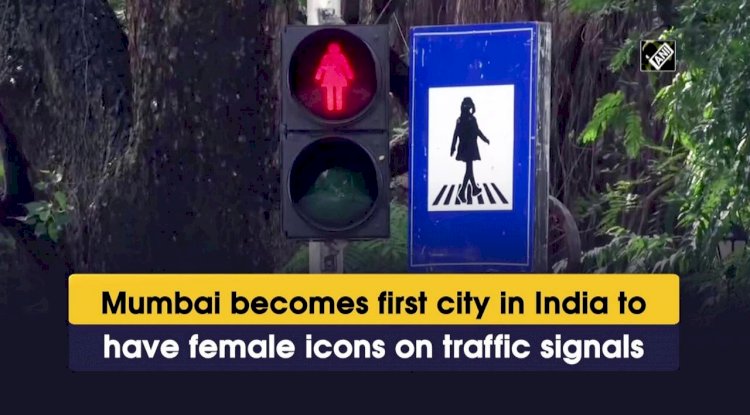
Women in India have to deal with multiple safety issues, from dimly lit lane to crowded public transport. In 2018, the National Crimes Record Bureau released a report which ranked Mumbai as the second most unsafe city for absolute crimes against women in India. But the city has been trying to ensure the accessibility and safety of women in public places by introducing women-only compartments on trains and reserved seating space on buses. It has also made public transit free for women, in an attempt to boost female mobility around the city and this recent attempt is surely applause demanding initiative, making Mumbai the first city in India to bring The Change.
What's Your Reaction?



















